In our modern day, with cable TV shows banking off of the “weirdness” of living off the grid, the very phrase “Off-Grid” images of end-of-the-world preppers stocking up MREs and ammo, wild-haired hermits digging in the dirt for acorns and mushrooms, or maybe criminals attempting to elude capture.
But if you visited our off-grid homestead, you’ll see that we are not hiding in a bunker, nor do we have sordid criminal pasts. Though I have a rather normal, suburban background, I am now doing everything I can to live independent of the conveniences of the grid. Stick around for a minute, have a cup of tea, and let me tell you what it’s like and why I’m doing it.
What Is Off-Grid Living?
As we open the refrigerator, turn on the lights, flush the toilet, or turn up the thermostat, we hardly ever think about how that electricity or water moves in and out of our homes. But this modern life, as we now know it, is actually a relatively new concept.
Think about it: At one point in our recent past, no matter what country or lifestyle you lived, 100% of the people around the world were living off-grid, as everyone had lived for centuries before them. Even kings and emperors lived in a world where light and heat came from fires, and water came directly from rivers and wells.
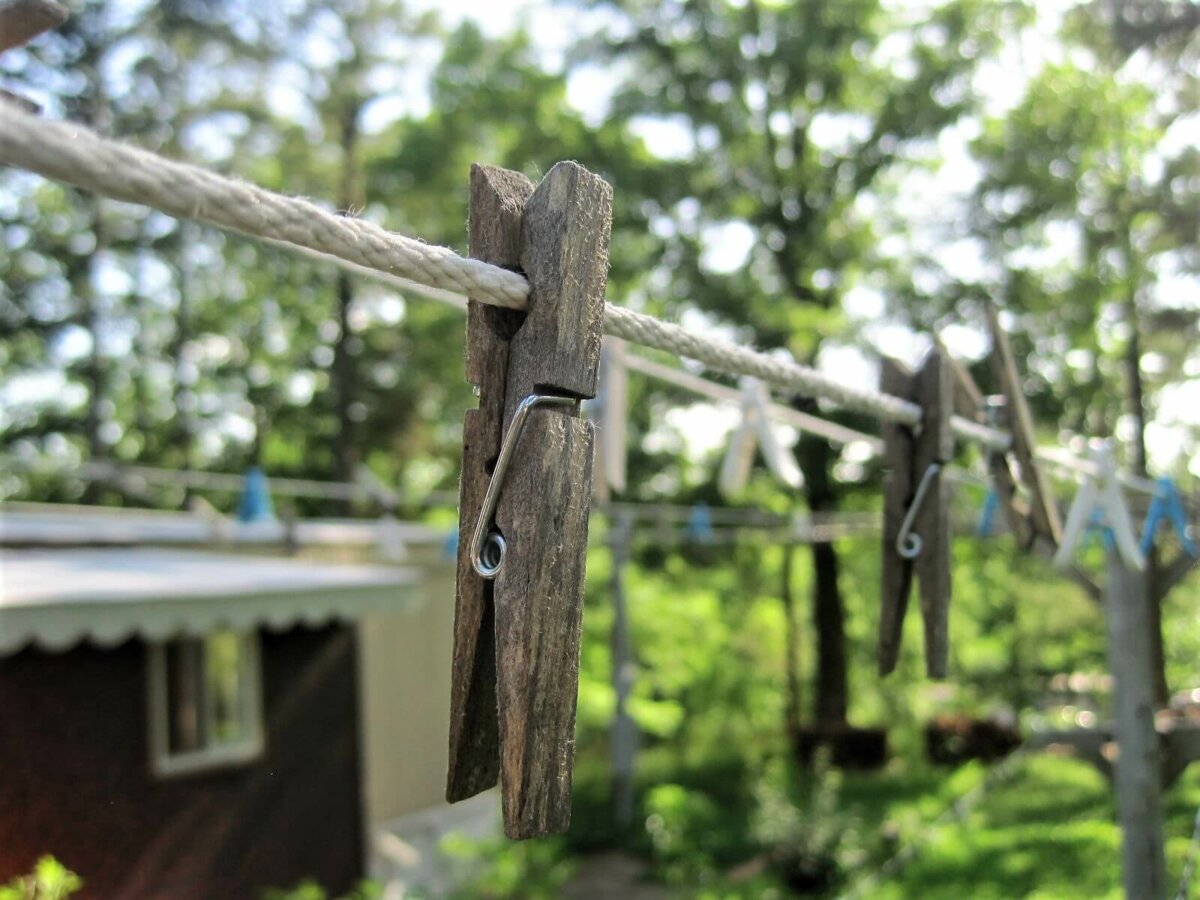
As technological advances made life easier, offering us the public utilities that are the familiar scaffolding of modern life, “the grid” fell into place. It swiftly transitioned from a convenience of the rich to a way of life for the general public.
But there are some who choose to shirk the comfort of the grid entirely. Imagine how an island is separated from the continent. Likewise, an off-grid life is fueled by a desire to live autonomously from the life-support of electricity, water, and natural gas that typically keep modern houses running. Whatever they look like—and their forms are as diverse as they come—off-grid homes are equipped to generate their own power, supply their own water, and handle their own sewage.
That’s just the tip of the iceberg. Off-grid living is intensely personal. Both dependent on the seasons and the characteristics of the region and spiced by the individual’s personal philosophies and convictions, the off-grid life is not a singular entity. Under the umbrella of Off-Grid, you can find homesteaders and preppers, hippies and hermits, peasants and farmers, homeschoolers and environmentalists.
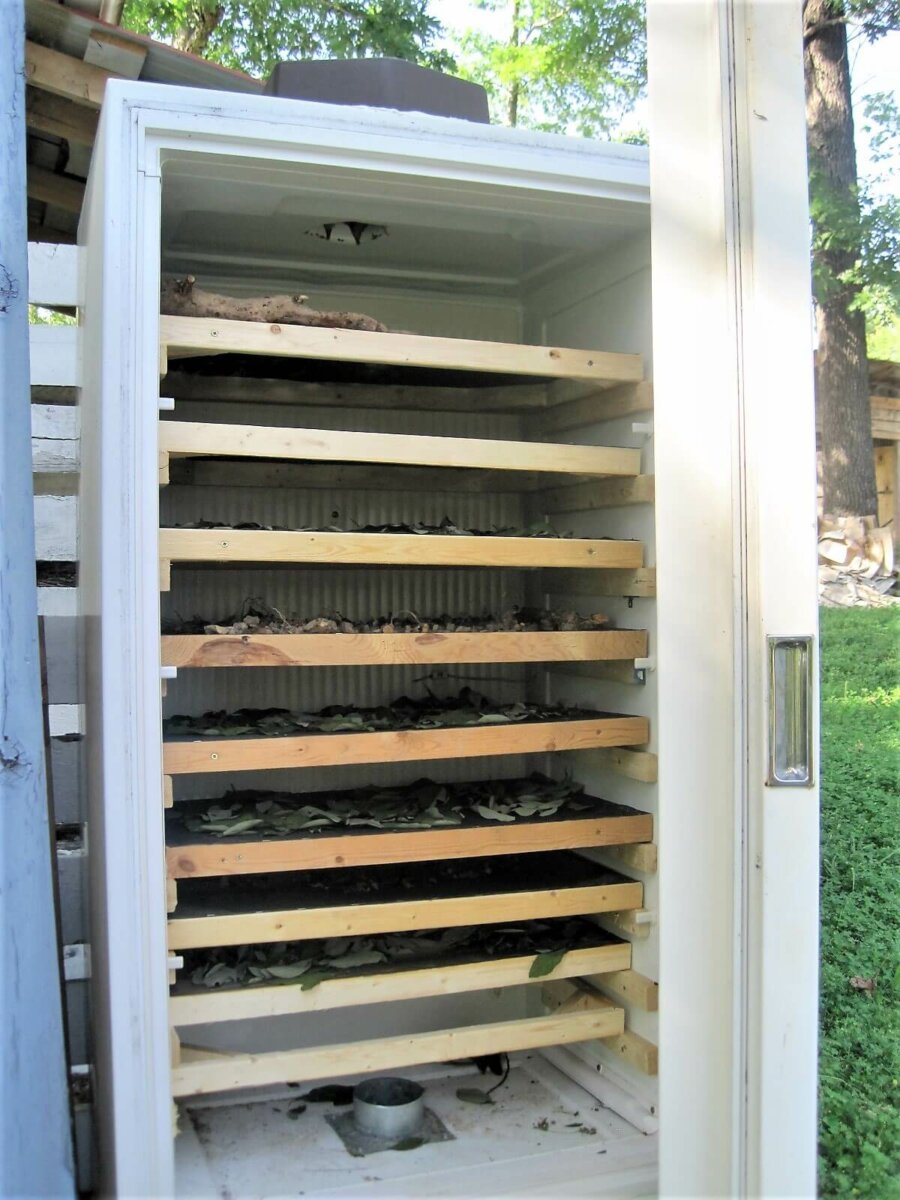
Some desire to reduce their energy use for nature’s sake, outfitting their homes with solar panels and wind turbines and harvesting rainwater for their daily use.
Others long for self-sufficiency, growing their own food, caring for livestock, and composting their own waste. Some document their lives online so that others can learn likewise, others just want to be left alone and are so off the grid, neither you nor I will ever know who or where they are.
Challenges and Rewards of Off-Grid Living
I’m not going to lie to you—living off-grid does not make you normal by any stretch of the imagination. Instead of posting photos to Instagram, catching up on our Netflix queue to wind down for the evening, or grabbing a latte before driving to work, we spend our days chopping firewood, growing and foraging food, chasing our crazy chickens, and working on building our home.
There are as many challenges as there are rewards, but rather than listing them separately, I prefer to see them as two sides of the same coin. Here are some examples:
1. Your Food Is A Huge Responsibility
For many off-grid people, food security is priority number one. Establishing reliable sources of safe, pesticide-free produce and antibiotic-free, humanely raised meat requires a huge amount of work to set up, maintain, harvest, and butcher. And once the raw materials have been picked and plucked, there is the monumental task of putting it all up so that nothing goes to waste. Not a job for the faint of heart!
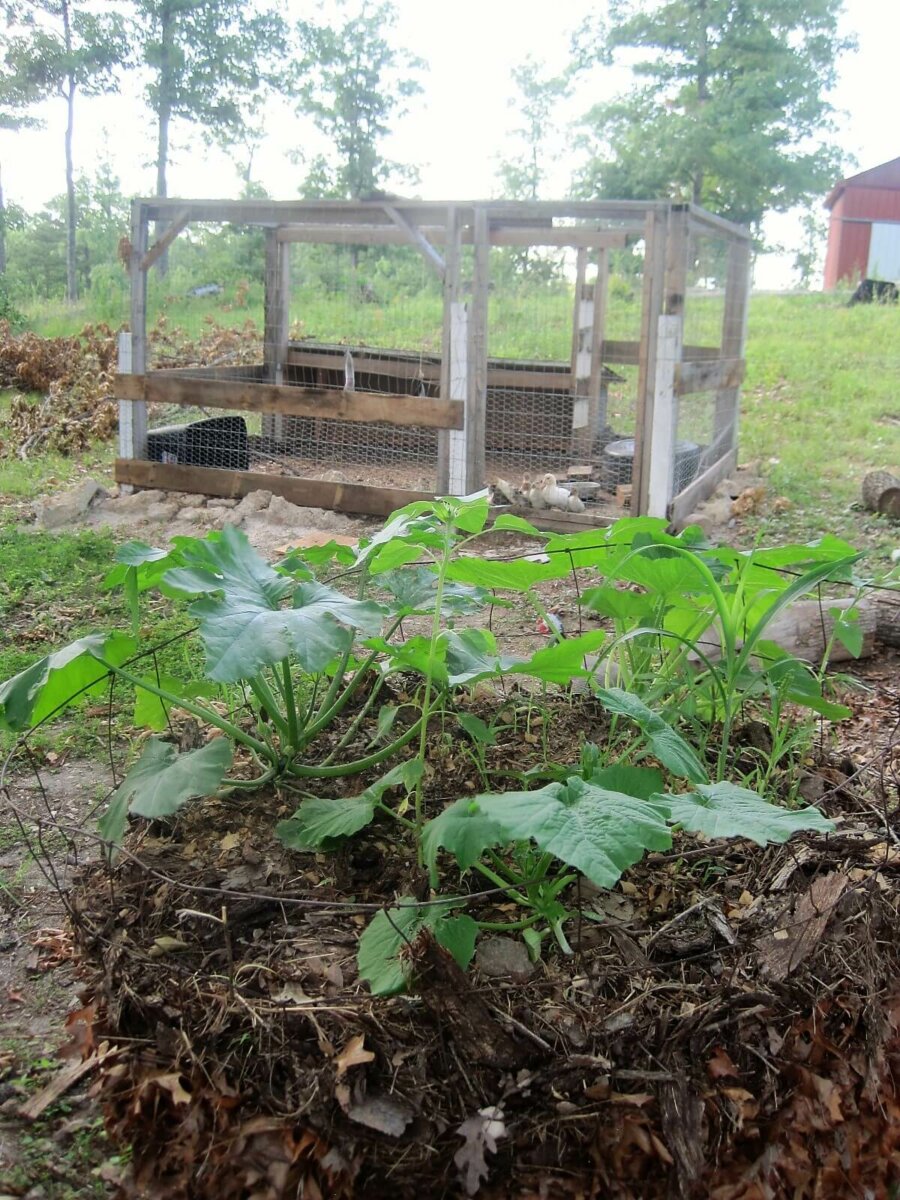
All that hard work does pay off, though. You may find that your dinner menus unintentionally start reading like a foodie’s wildest fever dream. Locally-foraged grape leaves (they grow in the ravine!), stuffed with organic rice and grass-finished beef (bought from your friends at the farmers market), mixed with organic, free-range, pasture-fed eggs (laid by that bossy Sussex hen), seasoned with homegrown mint and wood sorrel (growing alongside the path!), cooked without electricity in a solar oven. Delicious.
2. You Might Need To Build Your Own House
Modern houses are not designed with off-grid in mind. Leave them without power for even a week, and the basement is moldy and damp, the refrigerator is a hazmat zone, and the attic could probably roast a turkey.
Many people who move off-grid construct their own home—often with their own hands. This is one of the many reasons why off-grid homes are often found in rural areas—city building codes are far too restrictive.
This ultimate DIY project is a huge, intimidating endeavor, but one that is simultaneously exhilirating as it gives you the freedom to finally do what you want to do. If you so desire, you get to choose to make your home out of non-toxic materials, renewable resources, and don’t have to retrofit anything to suit your needs. Build it the way you want it in the first place! The Earthship design is a fascinating place to start thinking about self-sufficient buildings, but the design possibilities are endless to the creative.
3. If You Don’t Do It, It Doesn’t Get Done
Procrastination and passivity are not an option in the off-grid life. Heating with wood means that much of the spring and summer is spent splitting and stacking firewood. Growing your own food means lugging mulch, plucking endless weeds, composting animal manure, and caring for chickens and goats.
No service is going to come in and empty your composting toilet, your clothesline isn’t going to sound a buzzer when the clothes are dry, and the only way you’re going to enjoy that homemade aged cheese is by getting your butt out the door to milk the cow in the first place.
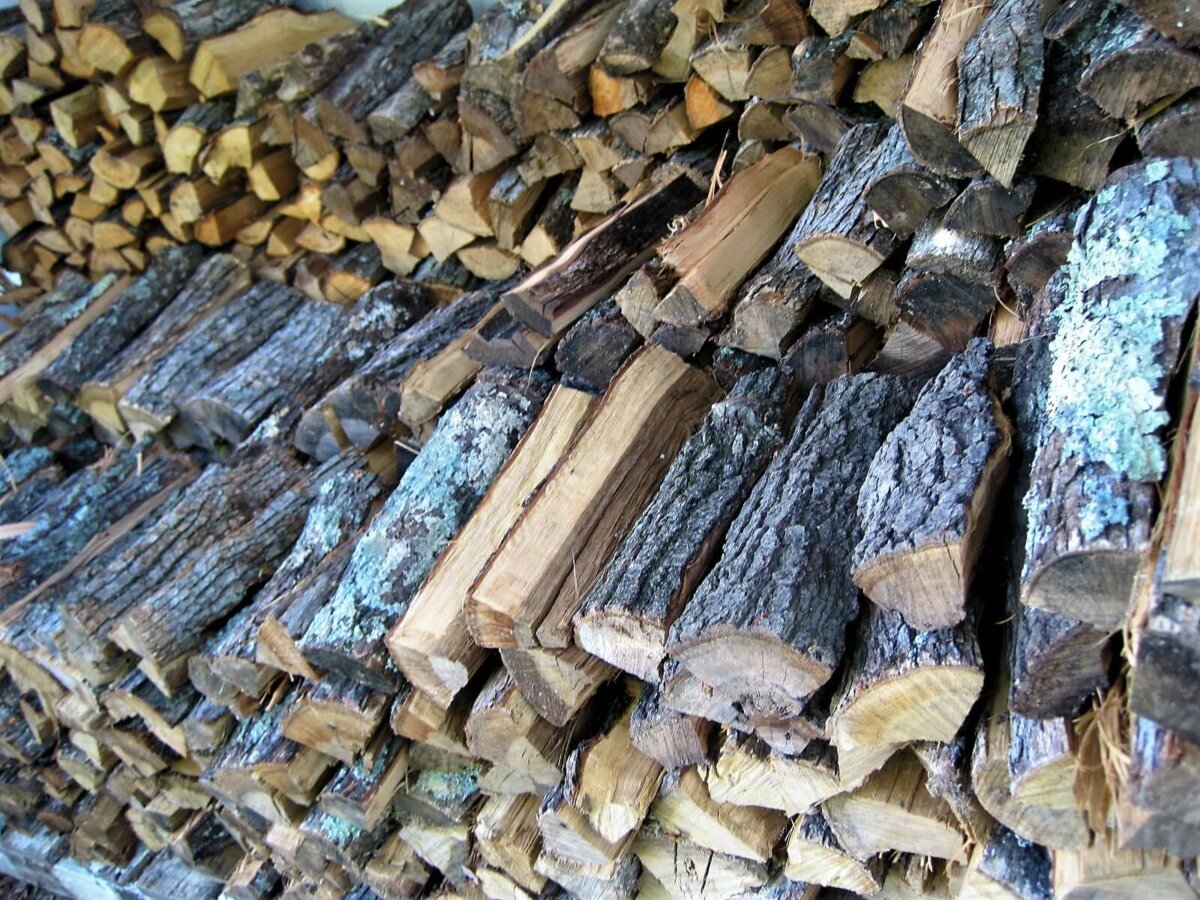
But these are some of the richest rewards. Some of us may have to quit our jobs in the city in order to live an off-grid life, but you may fine that you actually don’t need to get a new job if you totally change your lifestyle along with your location! With a little frugal ingenuity, you can make money through a funny patchwork of different little side enterprises, and it can be enough for a simple life, especially if many of your needs are now managed by our yown hands.
You don’t have to report to a boss, punch a time card, or go to staff meetings. You may find, like I do, that it’s wonderful knowing that all of the (immense) efforts you spend throughout the day goes directly into feeding, clothing, warming, and building your family and your life.
4. You Can Weather The Storm
We’ve all experienced power outages and breakdowns. It’s unsettling when the lights don’t turn on, there’s no water, or the roof is leaking. The exchange for the comforts of the grid is that you live at its mercy. If something goes out … all you can really do is grab the flashlights and hope it comes on again before your ice cream melts.
Off-grid is a lot of work, admittedly, but the payoff is stability, consistency, and a general hardiness that doesn’t fear a storm. It is ready for it. While the people in the city may be swarming the grocery stores for last-minute supplies, you can watch the clouds roll in with a warm fire in the hearth at your back.
5. A Lot Of People Won’t Understand You
Your life is going to be a lot different than most of the people you meet. They may view your lifestyle with quaint curiosity, apprehensive confusion, I-could-never-do-that admiration, or outright disdain. You may find that the room falls awkwardly quiet after you share your ideas for a composting toilet design or a rotational grazing system for your chickens and goats.
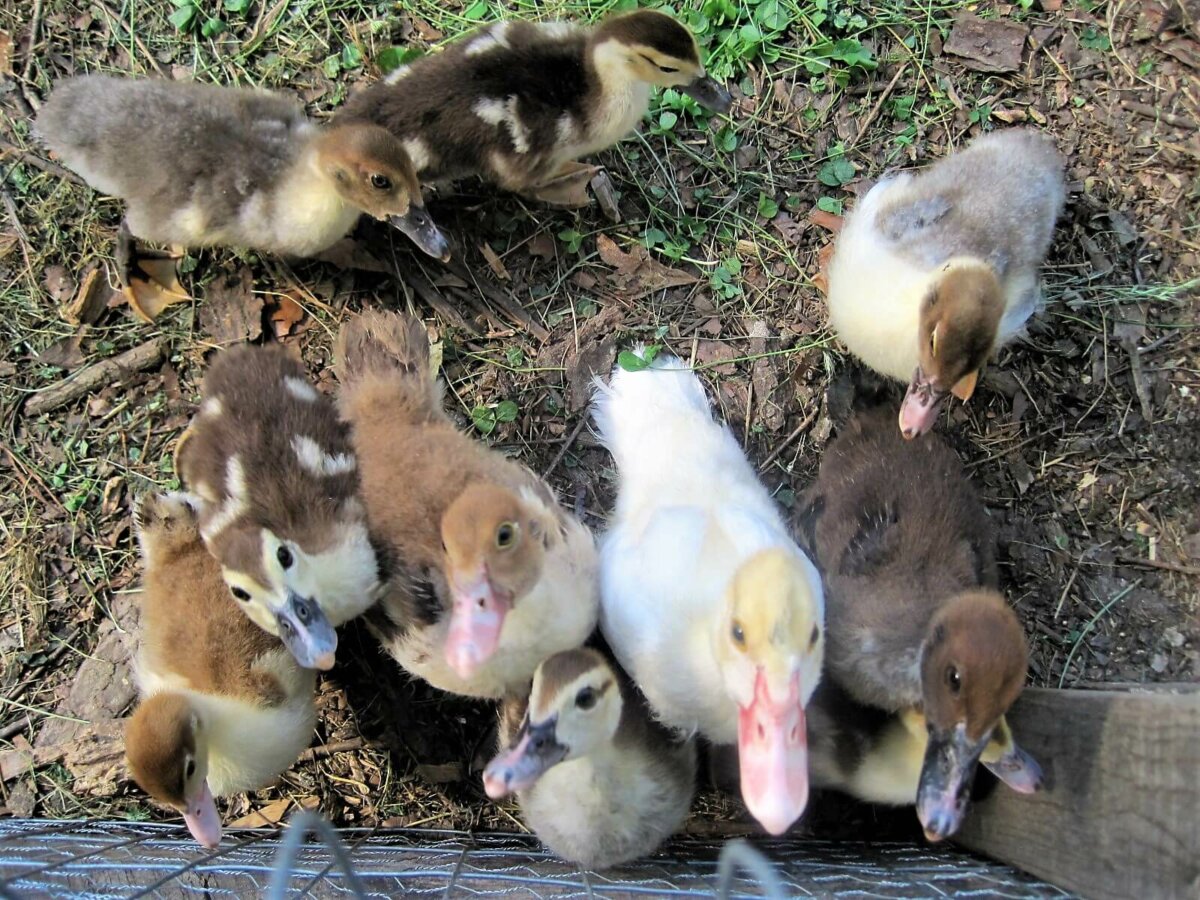
And when the conversation picks back up, discussing juicy details from the last episode of “Game Of Thrones” (which you may have never seen), you may find yourself feeling like that island—adrift from the lifestyle of the mainland. It’s okay.
At home, there are blackberries ripening in the glade. Your favorite chicken is laying blue eggs today that will be tomorrow’s frittata. The house is almost done, the final layer of limestone plaster just needs to be applied.
And once you get the woodstove crackling again, a cup of homemade chai in hand, I hope that you remember that you’re not the only one who doesn’t feel like you don’t belong in that “normal” life. There’s a lot of us out here, swimming against the current, finding a life that is so much more challenging, rewarding, and meaningful-feeling than the one they show in those evening sitcoms.
How Do You Get Started in Off-Grid Living?
I know not everyone who reads this article is going to suddenly ship off to a rural plot and start taking showers out of a bucket (though they are quite refreshing). But if you have the desire to start being more self-sufficient or find yourself dreaming of an off-grid life, I have but one recommendation for you. START NOW.
The best way to get started is to begin making changes today. Before we found our land, even when we lived in a tiny house on a tiny lot in the middle of a not-so-good city neighborhood, my husband and I practiced off-grid living.
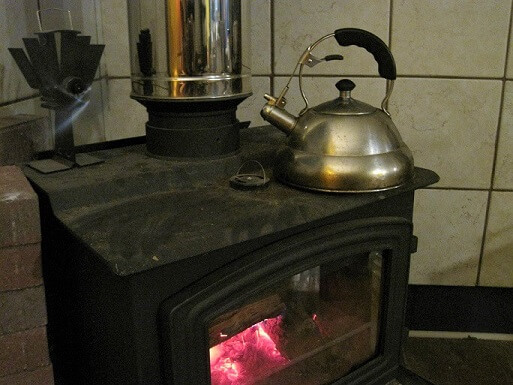
We wanted to be ready when the time came, and I’m convinced that the preparation made our transition to living in the country far smoother and more joyful than it would have been otherwise.
Here are five things we did before making the switch. Maybe it can give you some inspiration.
1. Install A Wood Stove
These are a great gateway for practicing off-grid life—you can heat water for bathing, heat up food, line-dry clothes when it’s rainy, and you now have a good reason to start chopping and stacking your own firewood. Saves a ton on your energy bill, too!
2. Learn From Others Who Are Already Doing It
People like “Off-Grid with Doug and Stacy,” “An American Homestead,” and “Rain Country Homestead” were (and are) huge sources of inspiration and encouragement for us. Additionally, older sources are chock-full of wisdom-soaked experience. Even if you don’t agree wholly with their personal philosophies, check out The Good Life by Scott and Helen Nearing, the first 80ish issues of The Mother Earth News (written during the Back-To-The-Land movement of the 60’s and 70’s), or The Complete Book of Self-Sufficiency by John Seymour.
3. If It Can Be Done By Hand, Learn How
Convenience devices all require loads of power to function, and many of them only teach you to be dependent. Find manual methods for some of your daily activities. Kneading the dough by hand, grinding coffee manually, using a hand saw, or hanging laundry to dry on a clothesline in the sun doesn’t really take much more time and can be far more satisfying.
Related Post: 20 Energy Saving, Eco-Friendly DIY Clothesline Ideas
4. Rethink Your Evenings
Exchange vegging out in front of the TV for practicing skills like knitting, whittling, sewing, cooking, and using hand tools. Use that valuable time to start reading books on homesteading and building, or researching off-grid living online. Not only will you start building up a valuable knowledge base, you’ll also start learning the discipline of entertaining yourself in the evenings, rather than depending on your phone or computer.
5. Start Searching For Your Land
Truly living off-grid in the city is near impossible. Regulations, building codes, and lack of land are all obstacles that you will be free from once you get into the country. It took a while to find acreage that we could afford, but once that new horizon was in our eyes and rich red dirt was under our feet, we felt like we were freed.
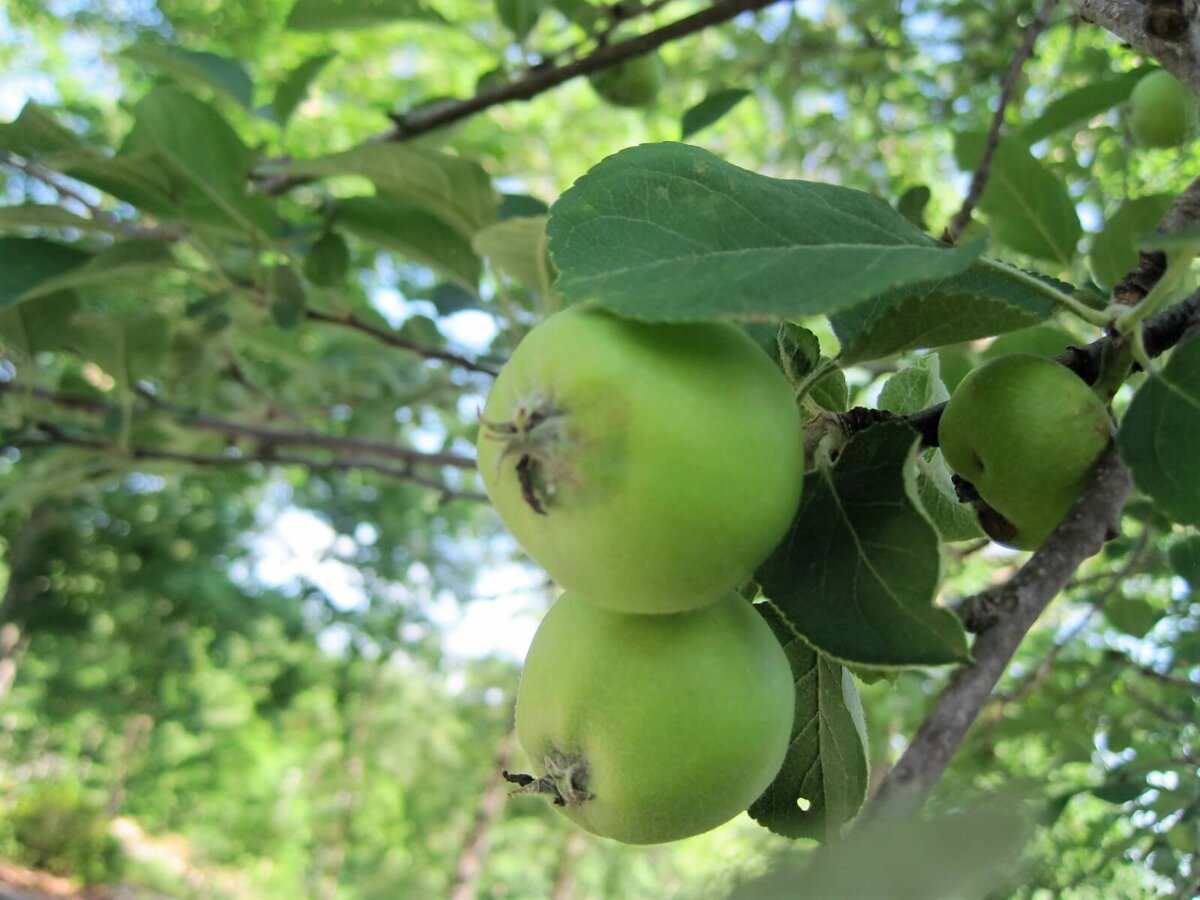
You may notice that I am 100% in favor of leaving the city and living an off-grid life, so perhaps this article comes across as biased. That’s alright. For us, this is the most beautiful, freeing, meaningful, rewarding, and fulfilling life we’ve ever lived. We work harder than we’ve ever worked, and we feel healthier, stronger, and so much happier than we did when we lived “normal” lives.
It’s a good way to live. For us, it’s the only option we feel is right. So, if you feel the conviction to get off the grid, stop talking about it and do something now. Start learning about what it takes today. Start looking for your land today. No one is going to do it for you … but isn’t that exactly what freedom is all about?


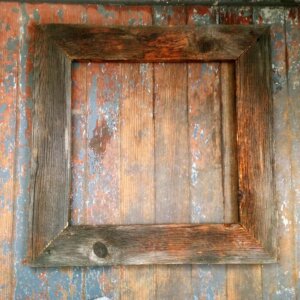
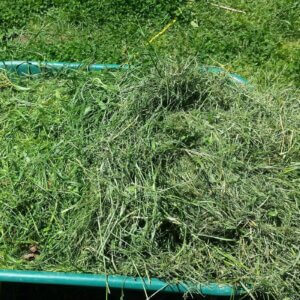




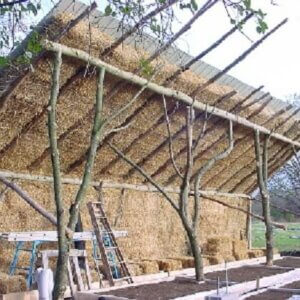


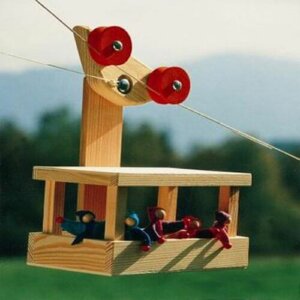

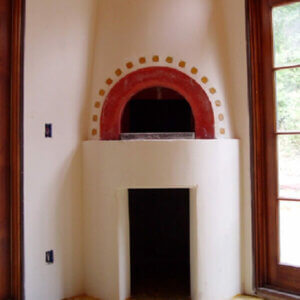

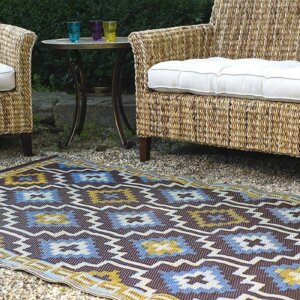

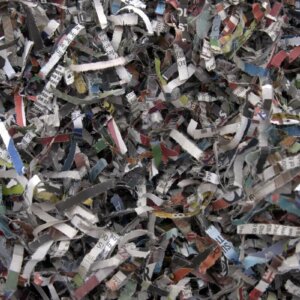

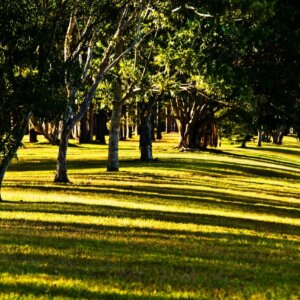
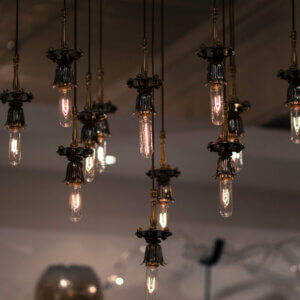
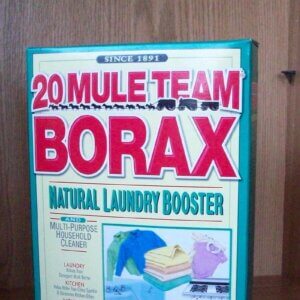

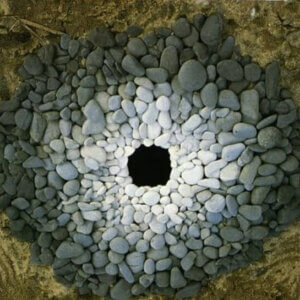




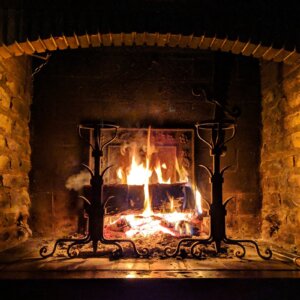
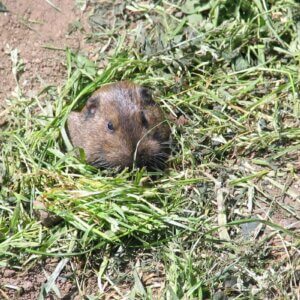
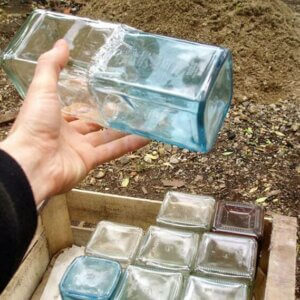
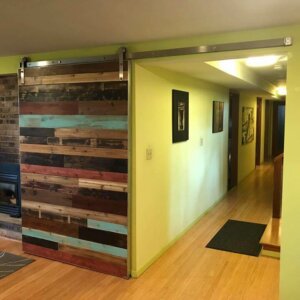

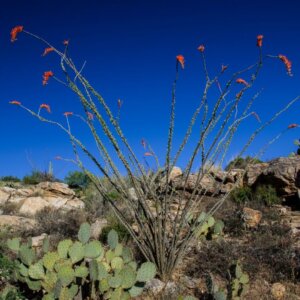
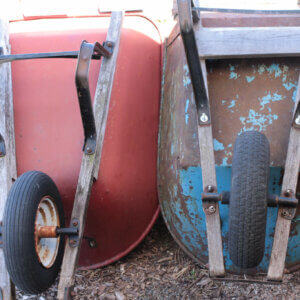





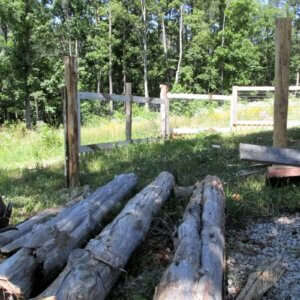
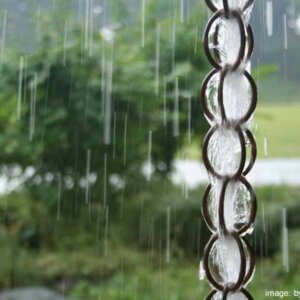
More people need to start living like this: in the physical word and less in the online world. I think there is a trend. In the future, more people will return to the village and seek happiness in owning less.
Oh, how I wish that folks would! When I was living a “normal,” life, online all the time, working a normal job, bleakly checking my Facebook at 2am, I cannot say I was content. Moving to our homestead and getting off grid is a lot…a LOT of work, but would never go back to how I used to live. I may not make a ton of money, but getting an eyefull of real sky, the smell of morning air, and hands dirty from building our house is a whole lot better than sitting in traffic to get to work, that’s for sure.
Thanks so much for your comment!
“A Lot Of People Won’t Understand You”
Ain’t dat da truth.
This is a very good write-up. Thanks!
Paul
Haha, Paul, written like someone who knows what I’m talking about. Solidarity is not something one often finds when you decide to shirk all of modern society’s “conveniences,” but it is nice when a bit of it floats by. Thanks for your comment!
Hey Wren,
It’s nice to read about your experience. I’m not happier than when I can go out camping, unfortunately I live in Belgium, so camping options are scarce.
I’m only now starting to look for different courses and possibilities to eventually be able to transfer to a self sufficient life.
I’m afraid this lifestyle we will not be able to have this lifestyle in Belgium (because of all the building regulations), so for now that is the big question, where on earth is this at all possible…
Kind regards
Sam
Thanks so much for your comment, Sam. Before my husband and I started this journey, we found much solace in hiking and camping as well! And before we found our homestead, the question we asked every day while we lived in the city was, “Where are we going to be??”
Finding a place with few building regulations is hard, but possible. Getting as far as you can from a city is a good start! And a search term that might help you is the term “pockets of freedom” (https://www.google.com/search?q=pockets+of+freedom+map&client=firefox-b-1-ab&source=lnms&tbm=isch&sa=X&ved=0ahUKEwja0JTRtOHfAhVh9YMKHVU6Bt0Q_AUIDigB&biw=1366&bih=632#imgrc=u8PVo1zypcKWUM🙂 I only know of such a map being made for the USA, but it’s a way to start finding areas where you may be allowed to live–and build!– outside of the status quo.
Not a new concept. Lived off the grid for years in Shirley Mills, Maine back in the 60’s and 70’s. It definitely has it’s pros and cons. Eventually your children are going to realize there is a world out there. In truth sometimes you just can’t get warm in the harsh Maine winter. Our well ran dry and we had to get our water from the conservation department in barrels, chain hoisting them up to gravity feed. Our closest neighbor ran sled dogs which occasionally caused havoc when they got loose including killing our chickens and goat. He drove for Scott Paper Company and left the dogs for days at a time. So you see, there are always challenges to overcome. Oh, did I mention our neighbor lived more than 1/2 mile down the old logging road? What an experience!
Haha, absolutely not a new concept–it was thousands of years old by the time you were doing it in the 60’s–it just had a trendy term by that time. As long as there have been cities, there have been people who are sick of them and want to go back to the land and live more simply, even if it’s a lot of hard work.
I’m sure you must be full of fascinating stories from your experiences–sorry to hear about your neighbor’s roaming dogs, though. Stray dogs have been one of our biggest problems when it comes to our livestock out here, too. I must admit, I don’t think I’d manage very well in cold Maine–you must be made half out of antifreeze by this point! I’m happy to be homesteading in the Ozarks–I’d take sweltering, 100% humidity and 100 degree weather over frigid, forever-long winters any day!
Am in the process of moving from the very expensive and consumptive mountains of Colorado to a 90-100 yo farm in upper Michigan. The front house does have the capacity for power but I am choosing not to use it. There, wind, solar, hydro, are not good options whereas no power is. To build a new place would require up to code power and septic and all manner of inspections but an old place is grandfathered in.
Some have expressed concern that a line, family-less 60 yo chick is doing this and will be very isolated. Frankly, the notes of modern society has pretty much guaranteed most older women will be alone regardless of where they live, especially if she is highly educated, active, well read, and outspoken. Better to be thus in an intact ecosystem.
For city folk; there are many things you can do to prepare and to live more lightly. Yep, you maybe stuck on the grid and with city water. You’re forced to have these things but few are forced to use them. No one can force you to have refrigeration, buy new clothing, have TV/cable, eat processed, purchased foods. You can walk to many places rather than driving. If you have a front step or patio/balcony, there’s many kinds of container-friendly foods you can grow. The money you save can go toward getting out sooner. In the meantime; prepare. I changed out my bikes as the old ones were going to be hard to repair, started amassing tools, worked with a handyman to learn home improvement skills, taught myself some artisanal skills, and offloaded everything that wasn’t useful at the farm. Turned off the fridge, honed my woodcutting, gardening, and chicken raising skills. Some of these would be hard for a city dweller to do but for building skills, volunteer with habitat for humanity or similar organizations. Read everything you can get your hands on about homesteading. You’ll have lots of time because you’re not watching TV. Start the bailout process now.
It’s never too late to get out of the prescribed, dependent way of living and live a better way. Good for you for getting it going, and having practiced so many good skills along the way! Our nights in the city, while we were still searching for our land, were spent much the same way–we had no TV, nor any desire for one–and used that valuable time to start learning the skills that we now use every day. Excellent tips in that last paragraph that I hope all prospective city-escapers read!
There’s lots of really interesting land in Upper Michigan and in the UP. We actually almost ended up homesteading there, before the Ozarks called us home. Enjoy the adventure, and all the best to you! Thanks for your comment, Miskwa.
You expressed so many truths well. I also live in the Ozarks. Electricity reached my family’s small farm house when i was 5 years old. I did not have an indoor bathroom until I married in 1967. My parents grew and canned most of what we ate and Mom excellently made our clothes and household linens. I have read read hundreds of posts about homesteading and tiny house living and think, so what’s new about that? But my grandchildren don’t want to go anywhere without internet service, much less electricity! Not even camping. I have had an off-grid cabin get-away for 30 years. My husband and I have been building a small homestead there for several years. We recently placed a tiny house there and are preparing to semi-retire there. Our family thinks we are have lost our minds. We are gradually installing solar and will have internet. But we will save thousands of dollars living off grid so we can save some money to do some fun things before we die. IF we survive the huge downsizing process. We own two homes and way too much stuff. I know from experience how much work is involved but it will be less than I have now! Hang in there and best to you.
Thank you for such a thoughtful comment, Barbara! I feel a huge wave of solidarity with you, with folks thinking that you’re nuts for wanting to shirk the dependence of the grid for some independence and self-reliance! Getting rid of ALL THE STUFF is such a hard task, but good on you for seeing that you can get out of it. My heart breaks to see so many folks in debt, and the cycle of mental bondage that holds them to their possessions. The freedom that follows the downsizing process is exhilarating!
Hope the journey goes well, and know that not everyone thinks you’re crazy! From one part of the Ozarks to another. 🙂
Great article – so much resonates. Thanks for the inspiration. 🙂
Thanks for your comment, Mar! Hope you can find the place where that inspiration can take root and thrive. 🙂
Hello, really enjoyed your article I’ve watched so many shows of people who “say” building a off grid cabin and I end up seeing someone using cement trucks driving to the home site trucks delivering loads of lumber and work crews designing and building the home. My wife and I have a 900 square foot cabin she set and drew on a notebook a pickup truck and homemade trailer made from a boat trailer, a commercial truck could not get to our property unless they built a driveway in to get here. We built our cabin using a generator from Home Depot and tools that we’ve accumulated over the years. With know help from supposed to be family whatsoever 🙂, and we fried our first experience with solar but thankfully just the batteries and learned from it. We now have 1500watts of solar preparing to connect another 1400watts into our system a standby diesel generator for when we have cloudy days a old wood heater that will have my wife begging me to open the windows to cool off during the winter we need more experience with our gardening skills but as you said with all the other things to do such as making sure I keep the water tanks full sometimes it’s hard for 2 people to keep it up. But with the world 🌎 and all the craziness going on in it we are out in our little place away from it all. Fortunately we are 10 miles from a Wal Mart and are able to get things there, we have grown a garden and did pretty good with it, we’ve both had recently bad health with family members that we have had to care for but I wouldn’t give up the sounds of the creek and owls for anything, I do hunt and have plenty of deer in the area as we’re on 40acres, she has learned to can jelly from our many blackberries growing out here and I have to say I may be a little bit partial but it was great! Enough rambling just ran across the site thought I’d just say we did everything on our own including installation of our solar system and it’s not that difficult thank God for YouTube! And there are some people who will help although some when you ask them they all of a sudden decide that they want to charge you in my opinion I thought we were trying to help one another. Thanks for the article I’ve enjoyed it and good luck with your homestead.
Due to the past 18 to 24 months, living off the grid has become a huge priority for myself and my family. We understand it takes the right mindset and lifestyle to do this, and we are all for it. Thank you for sharing this and we look to put it to good use.
Photo/Attachment:
My husband and I left the grid almost 2 years ago and so much of what you write resonates. Even before we made the move, we had small gardens, I baked from scratch, and I learned to preserve all types of food. Even now, with 2 feet of snow on the ground, we’re growing peppers, spinach and basil in the kitchen window. I’d encourage anyone – no matter your circumstance – to start with what you have. I believe when we move toward our goal, God moves toward us and meets us halfway. This blog is awesome. Thanks!
I am SO very much looking forward to getting out of the city.
I already have land, about 2.5 acres with access to the other 60+ of the family farm. Will be working in and harvesting from the family garden. Hunting in the woods on the farm and the pipeline that crosses the property.
Mostly off-grid for me, as in no utilities. But I will still need to have access to online for my businesses. Currently I’m an IT business owner. But once ‘in the sticks’ I will still be running that as I also build up my blacksmithing forge and get back to MAKING things people can actually hold.
That will be ‘peace of heart’ for me. And my plan will have me there 75% of the time within 2 years, as I am building my living space, now.